TLDR: In 2008, the Royal Bank of Scotland briefly became the largest bank in the world, with a balance sheet the same size as Germany. A few seconds later, along with storied giants like Lehman Brothers the bank imploded and became a subsidiary of the UK government. A true rags-to-riches-to-rags tale. Is another 2008-style disaster coming?
Unlikely, and we’ll get to that in a second. To be sure, there are uncomfortable echoes of that crisis. European banks are down by an average of 20 per cent over the last two weeks. US banks ditto. Fed and Treasury started putting out “it’s all fine, really, we got this” joint statement on Sunday nights and Credit Suisse just got bought by a stronger rival under diktat from the government.
The hard truth is that whenever the cost of borrowing rises, something somewhere in finance is expected to break. 1998, 2001, 2008 all witnessed a financial calamity. Why?
Because at some point someone inevitably assumes that low rates are here forever (or long enough), and makes a series of poor choices. That works well enough that others want to join in and eventually no one remembers how it all started.
Ok, but back to 2008. It’s merely the most recent relevant analogy but it looms large for the plethora of Fed acronyms (remember TALF? TARP?) it unleashed. The big problem in 2008 was a glut of poor-quality subprime mortgages that had been spread round the world via derivatives onto the balance sheets of poorly capitalized banks. The “recency effect” is making investors jittery even if the parallel isn’t perfect.
Fine, so why isn’t this like 2008?
First, credit quality remains decent across bank portfolios.
Second, bank capital is two to three times stronger than it was a decade and a half ago. The largest banks in the US and Europe are subjected to Fed and ECB stress tests that require them to hold extra buffers in capital.
The SVB and Signature bank collapse was caused primarily by poor interest rate risk management that was in part enabled by looser regulation for smaller banks. First Republic shareholders are fretting over the realization that the bank isn’t eligible for the same liquidity window that was set up for SVB.
And Credit Suisse has had a history of missteps that has seen its share price drop 70% over the 3 years PRIOR to current turmoil even as its rival UBS rose 120%.
However …
Although a repeat of 2008 is unlikely, policymakers may be far less able to deal with a full-blown financial crisis this time around. Back in 2008, rates could be slashed, and QE was launched to flood banks with liquidity.
Today, government balance sheets are still stretched from that crisis, and interest rates are set to rise to fight inflation. There is a lot less appetite for another zero-interest rate phase.
What stocks are doing well today?
This section is powered by Open AI connected to TOGGLE AI
Thanks for all your feedback! This section is paused for a week as we take in all your ideas and come back with a new and enhanced version!
TOGGLE Leading Indicators: Phase Shift Indicator turning bullish
Phase Shift is a slow-moving indicator, so it is always exciting to see it head towards a threshold. Most of our indicators have turned bullish recently – but BEWARE of the Fed next week.
- TLI
- Rangefinder Index
- Peak Probability Indicator
- Trough Probability Indicator
- Candle Breadth
- Market Phase Shift Indicator
Learn more about the Leading Indicators in the Learn Center!

Upcoming Earnings: Nike releases tomorrow

Click here to test what to expect when NKE releases earnings tomorrow.
Discover how other companies could react post earnings with the help of TOGGLE’s WhatIF Earnings tool.
Asset Spotlight: Healthcare to the rescue

TOGGLE analyzed 16 similar occasions in the past where momentum indicators for CVS Health decelerated and historically this led to a median increase in the stock price over the following 2W. Check it out!
General Interest: The library of Caesar’s father in law
The historical period called Antiquity holds neverending sway in our imagination and in our culture.
Broadly speaking you can split Antiquity in three parts, all eminently fascinating.
Far Antiquity is the Bronze Age – think Sumerians, Babylonians and Egyptians. Classical Antiquity is the time of the Greeks and the Romans. Late Antiquity includes the fall of the Roman Empire, Justinian in Byzantium, the rise of Christendom, etc..
Beyond that you get into the early middle ages – and we all know Middle Ages history can be somewhat dull.
What we know about Antiquity, we know from written records – from the Greek epics to the various historians. And now we have a chance to double the number of texts we hold from Antiquity. Imagine that!
The villa of Caesar’s father-in-law lays below twenty meters of hot volcanic mud. In its library lay 600 carbonized but preserved scrolls. The scrolls are too delicate to unroll. But we can read them via particle accelerators!
Enter the Vesuvius Challenge – a research challenge to go through the library and ‘unzip’ over 600 texts from Classical Antiquity, with prizes for the teams who succeed first.
Read more here.
—
Originally Posted March 21, 2023 – Should we worry about 2008?
Disclosure: Toggle AI
IB Global Investments LLC, a subsidiary of Interactive Broker Group Inc., the parent company of Interactive Brokers LLC, is a minority owner of Toggle AI.
Disclosure: Interactive Brokers
Information posted on IBKR Campus that is provided by third-parties does NOT constitute a recommendation that you should contract for the services of that third party. Third-party participants who contribute to IBKR Campus are independent of Interactive Brokers and Interactive Brokers does not make any representations or warranties concerning the services offered, their past or future performance, or the accuracy of the information provided by the third party. Past performance is no guarantee of future results.
This material is from Toggle AI and is being posted with its permission. The views expressed in this material are solely those of the author and/or Toggle AI and Interactive Brokers is not endorsing or recommending any investment or trading discussed in the material. This material is not and should not be construed as an offer to buy or sell any security. It should not be construed as research or investment advice or a recommendation to buy, sell or hold any security or commodity. This material does not and is not intended to take into account the particular financial conditions, investment objectives or requirements of individual customers. Before acting on this material, you should consider whether it is suitable for your particular circumstances and, as necessary, seek professional advice.
Disclosure: TOGGLE Relationship with IBKR
IB Global Investments LLC, a subsidiary of Interactive Broker Group Inc., the parent company of Interactive Brokers LLC, is a minority owner of Toggle AI.

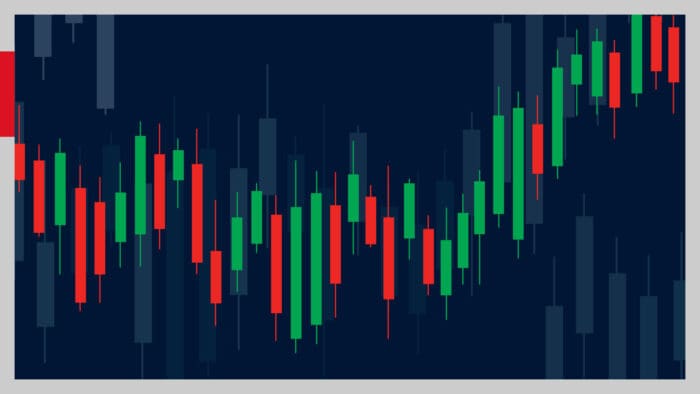


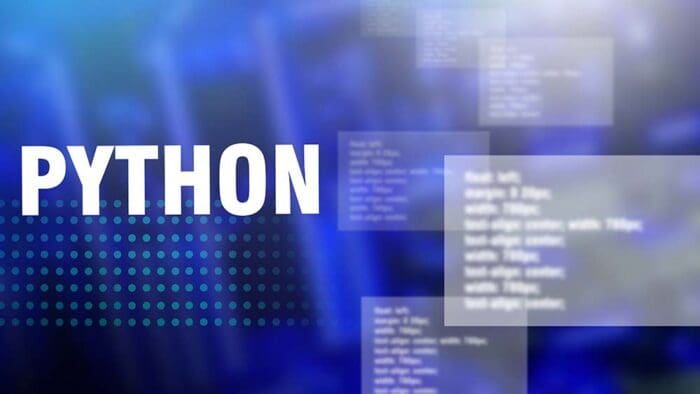





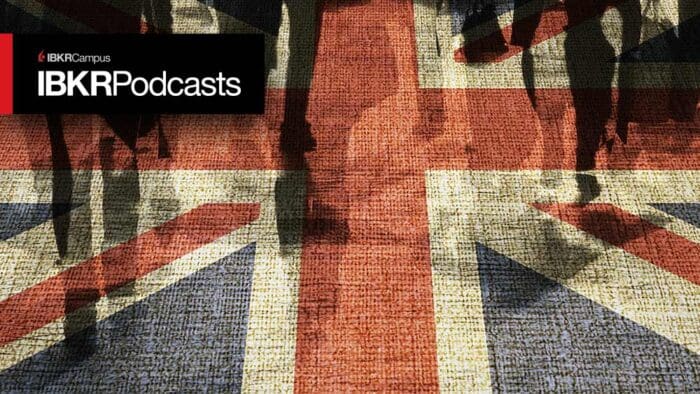

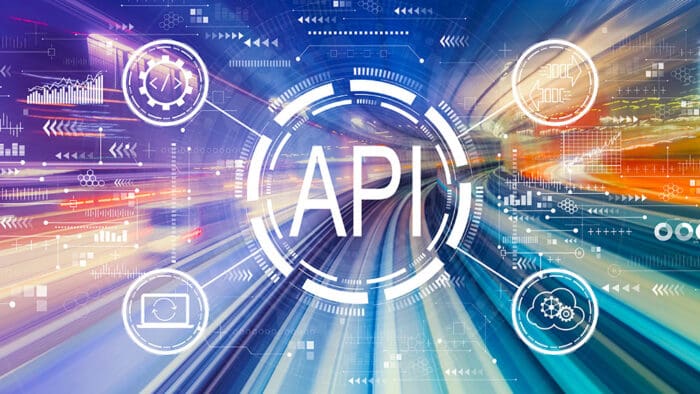


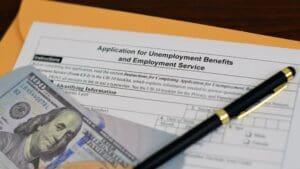

Join The Conversation
If you have a general question, it may already be covered in our FAQs. If you have an account-specific question or concern, please reach out to Client Services.